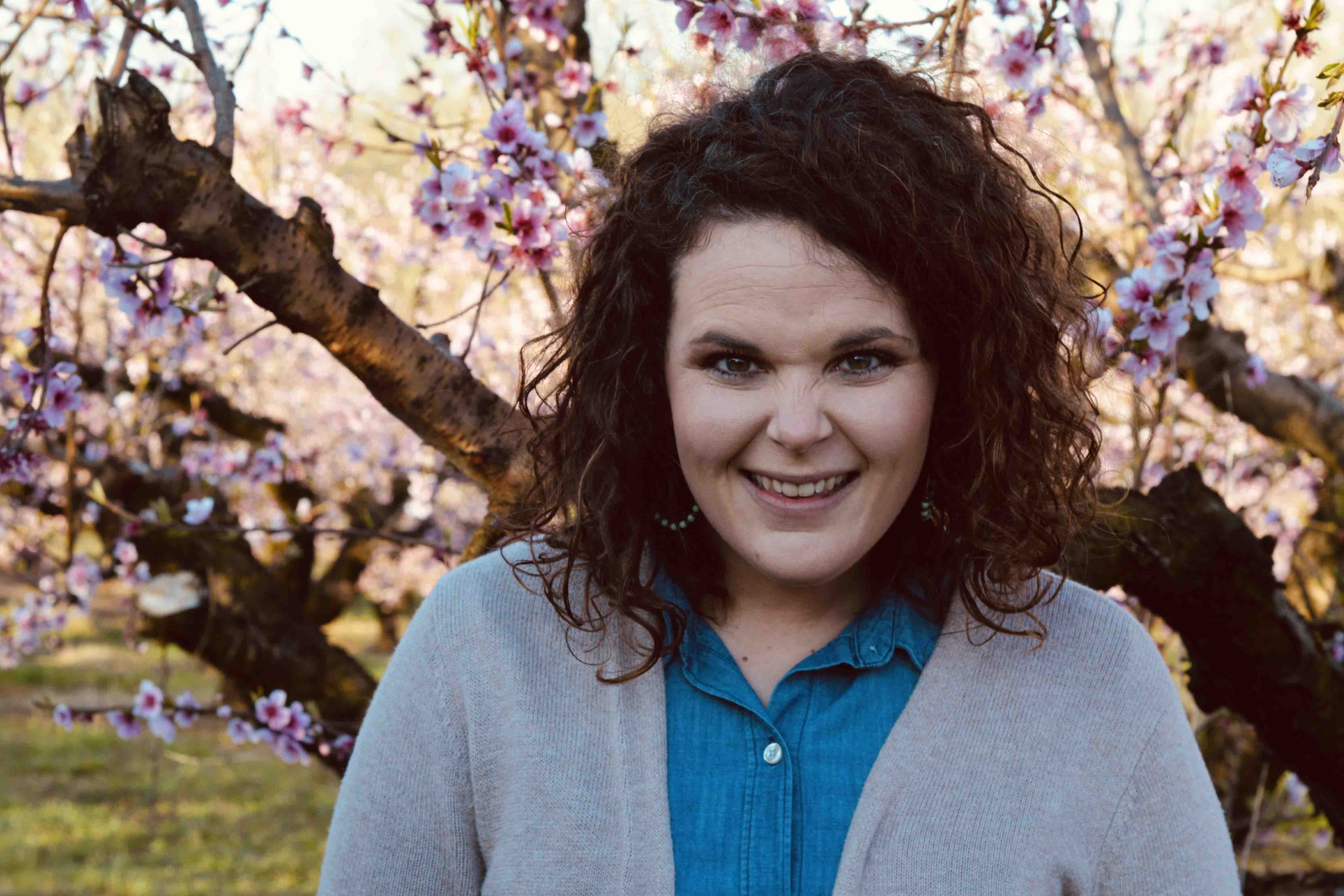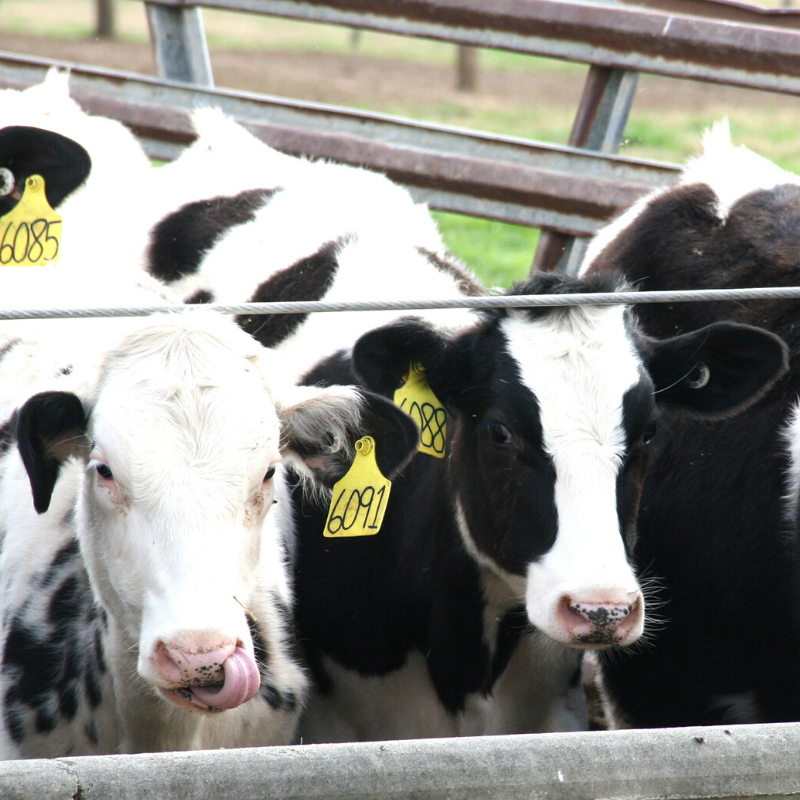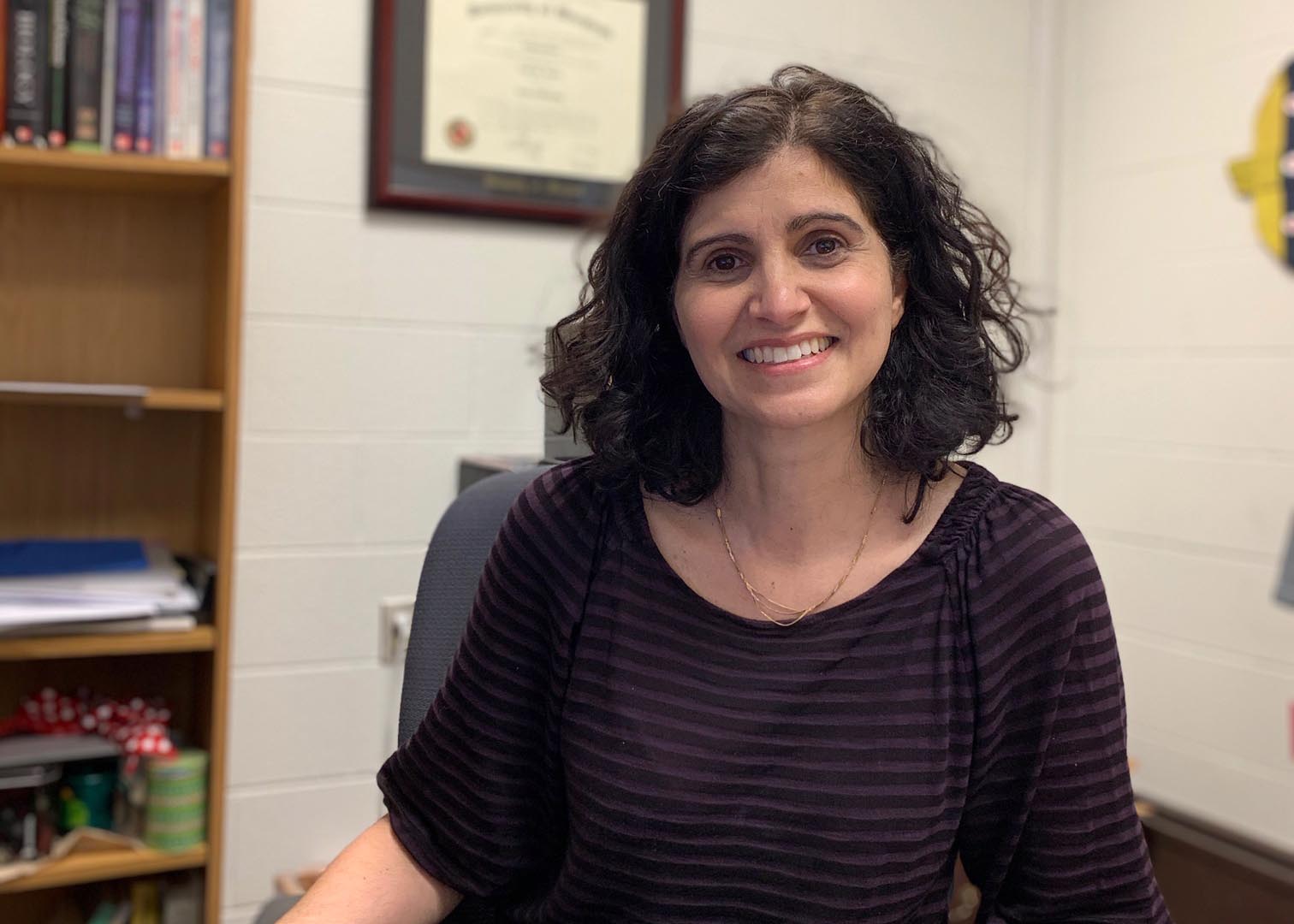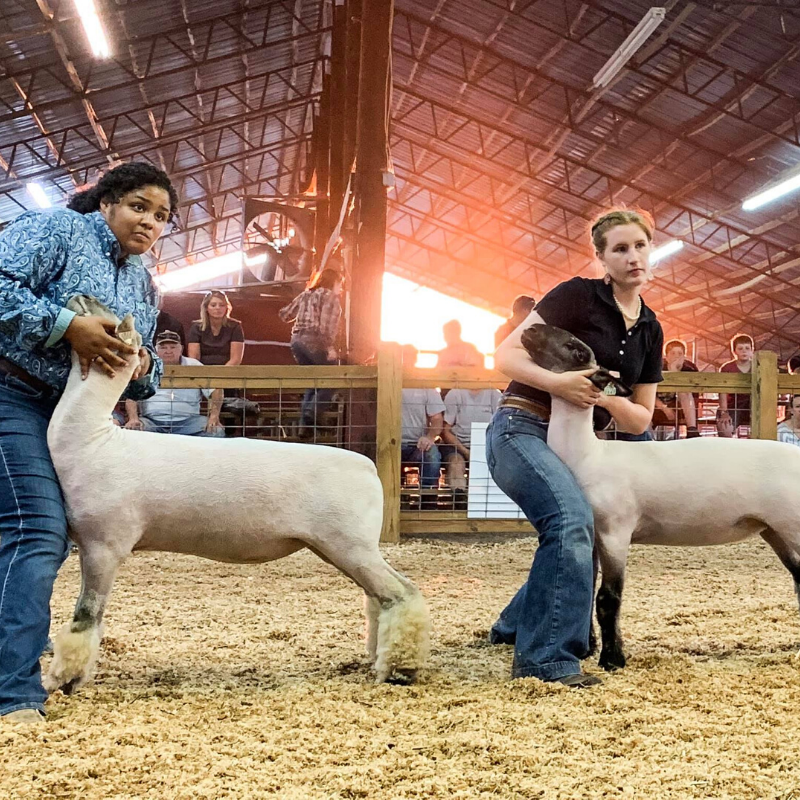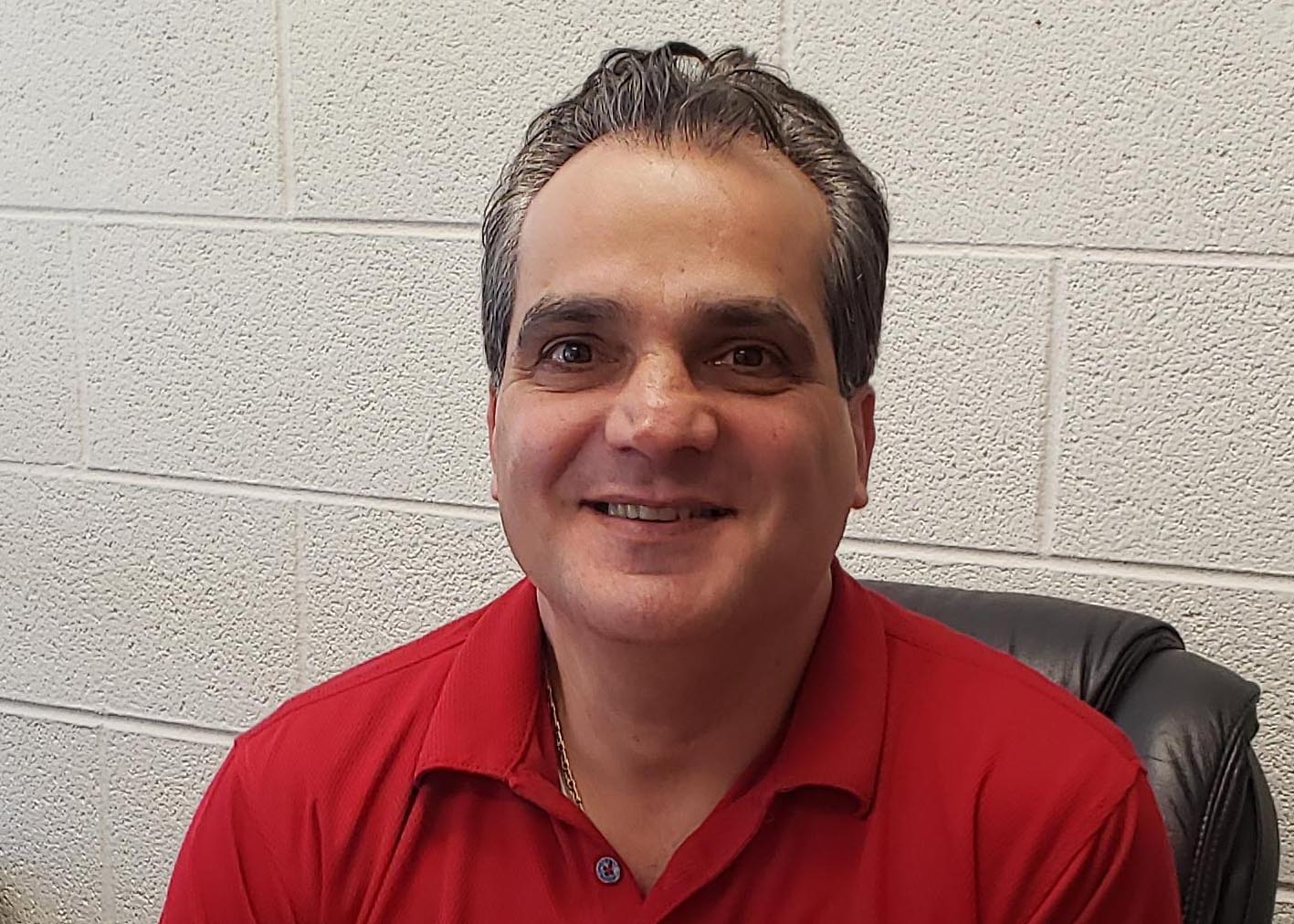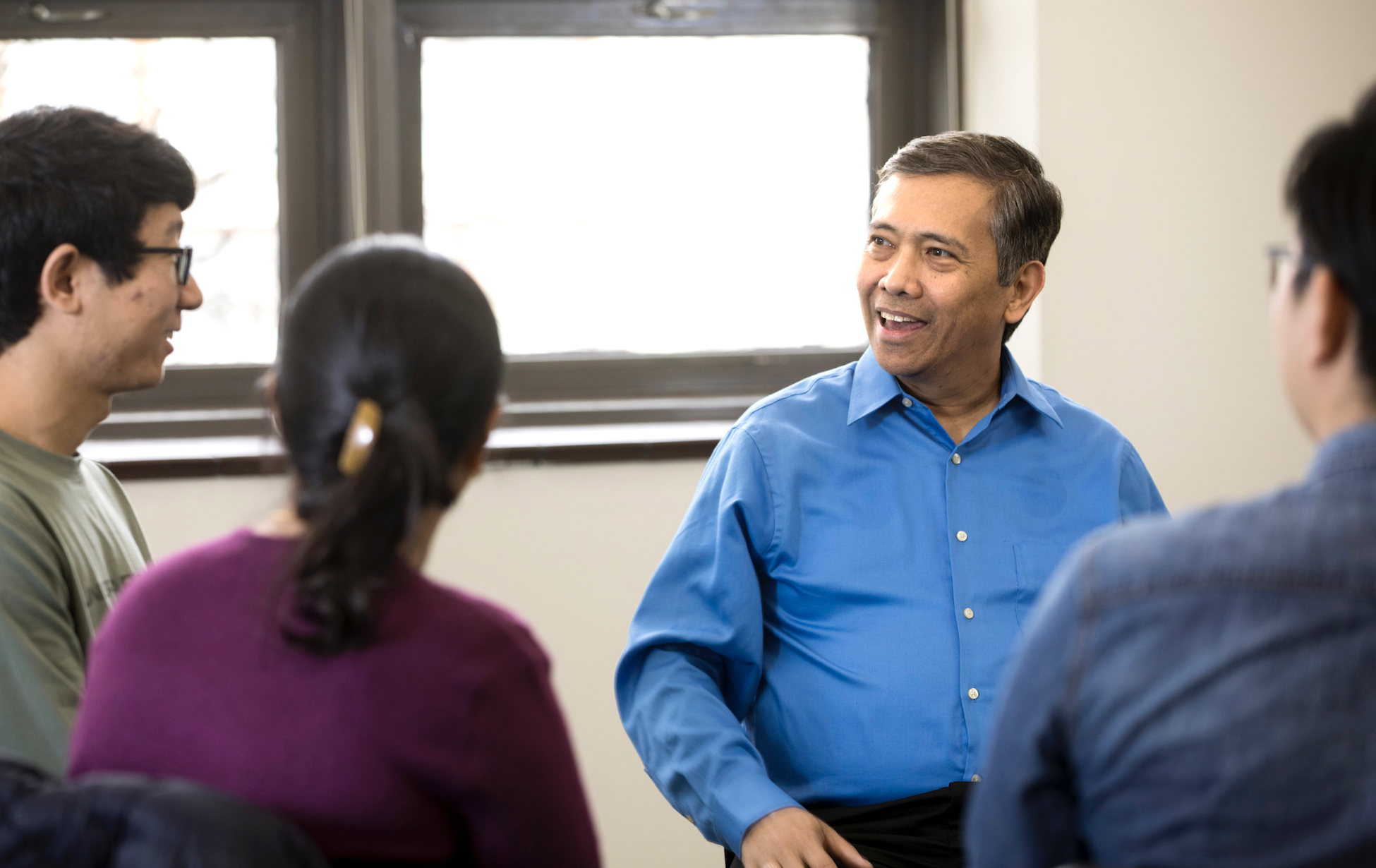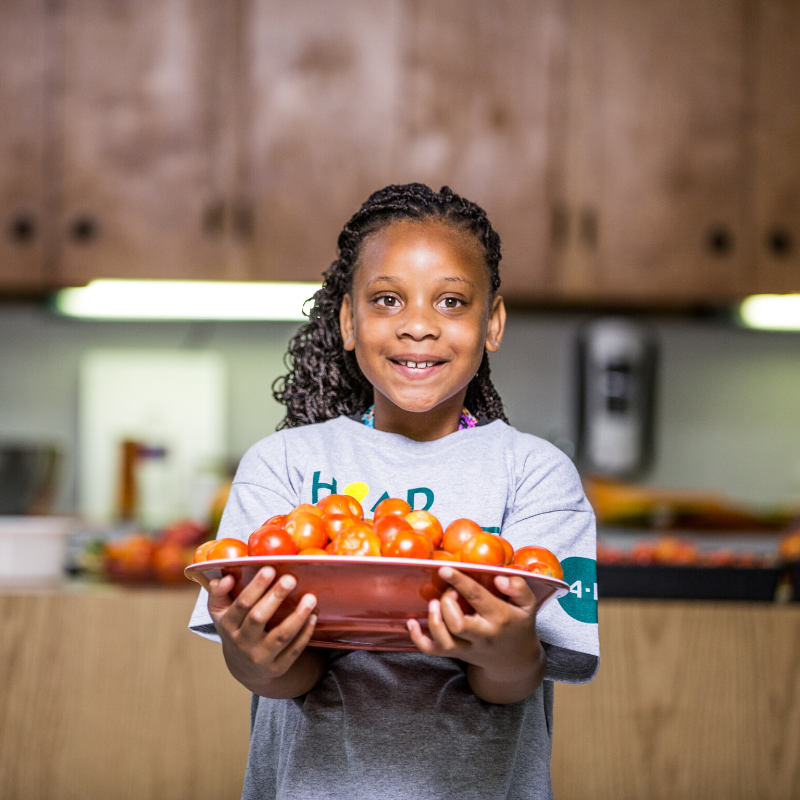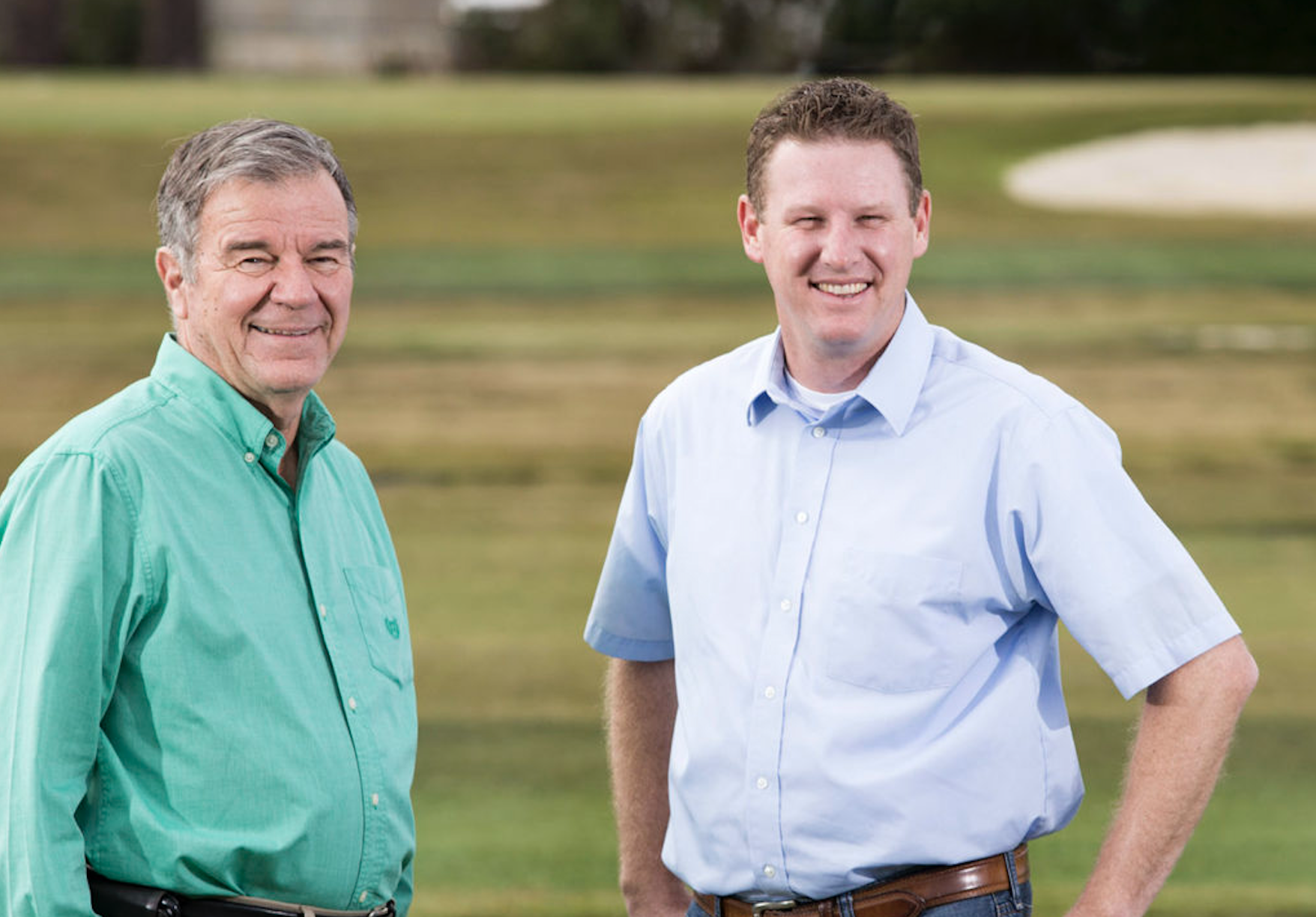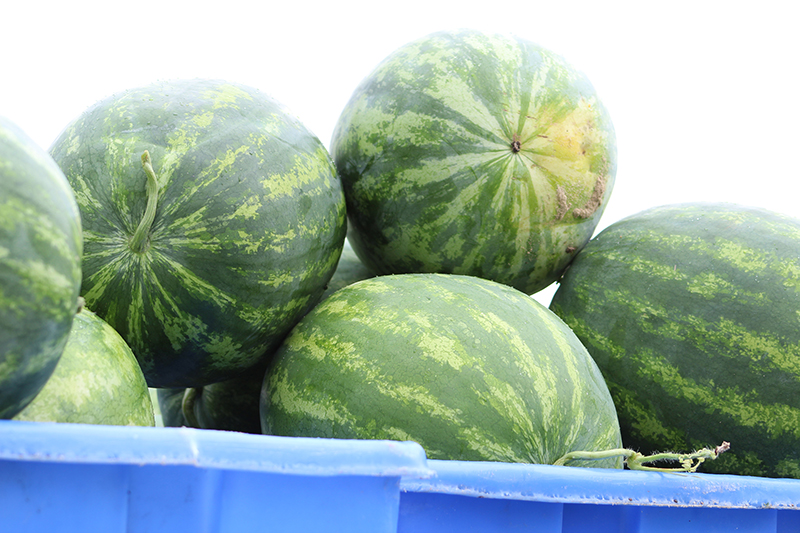 CAES News
CAES News
Protecting Seasonal Workers
As we approach the harvest season for watermelon, bell pepper, tomato, yellow squash, zucchini, cucumber, sweet corn and other crops, Georgia vegetable growers can move ahead and prepare seasonal workers to mitigate the spread of COVID-19 during harvest time.

